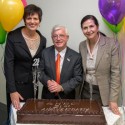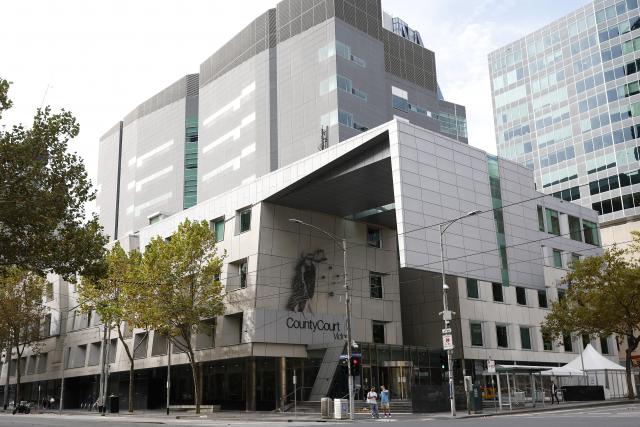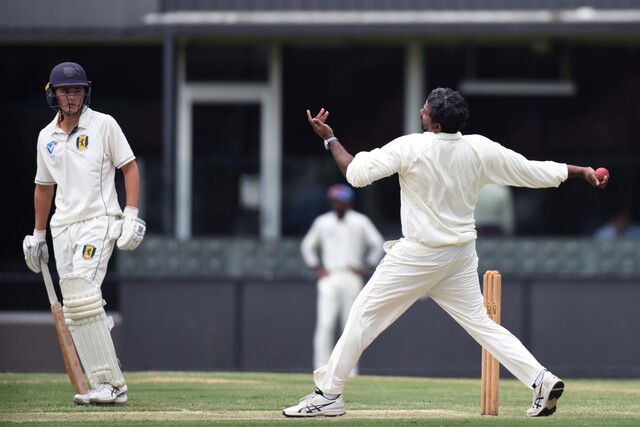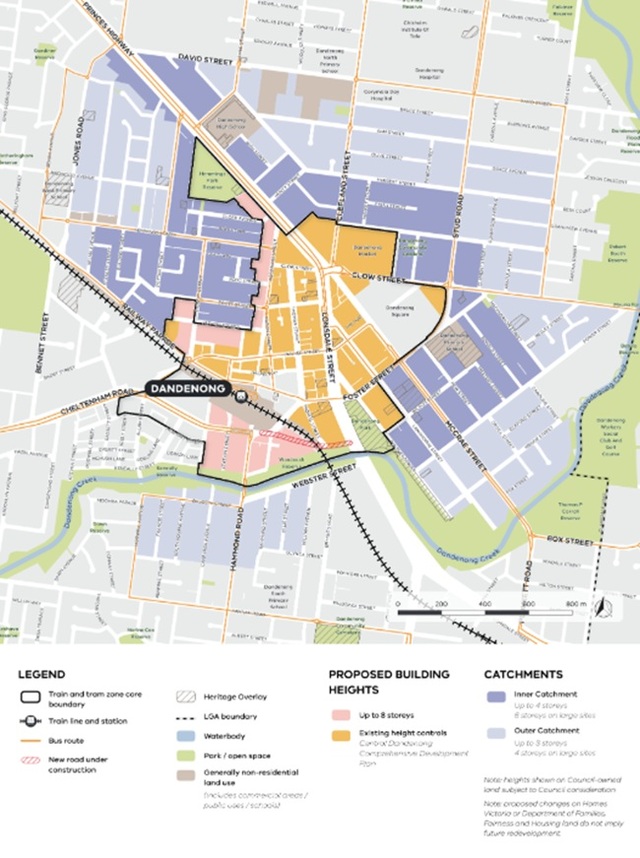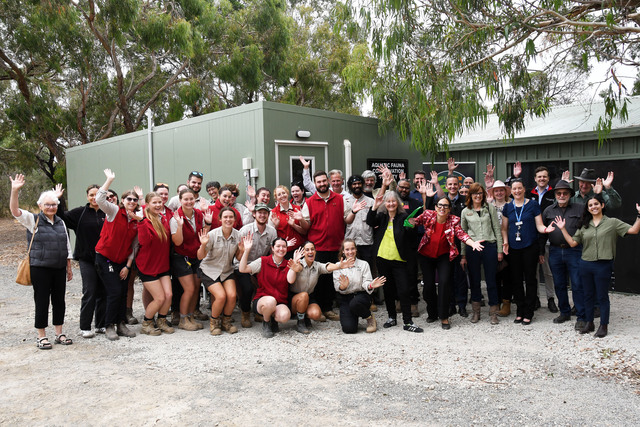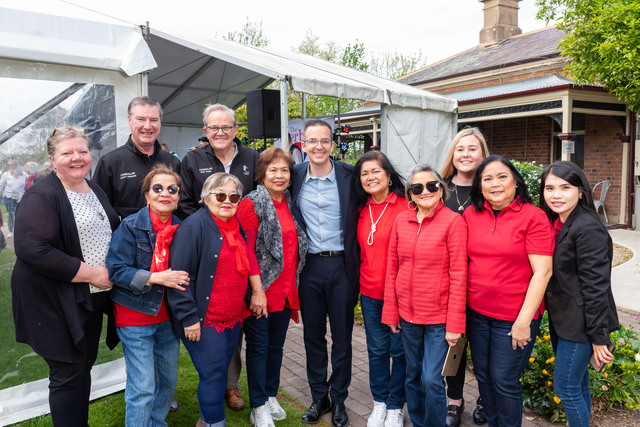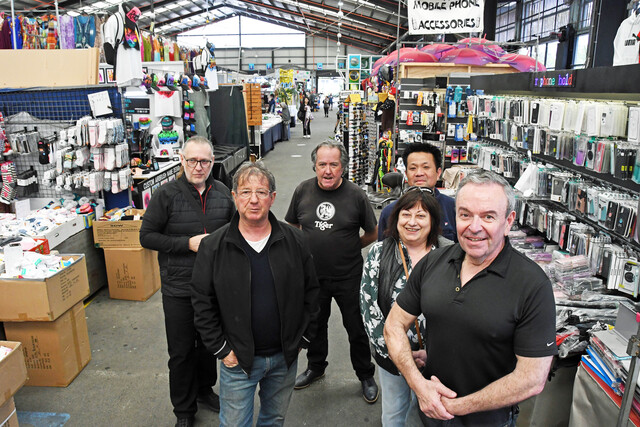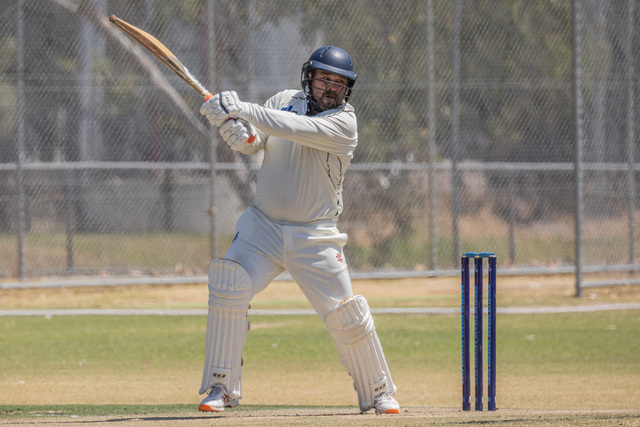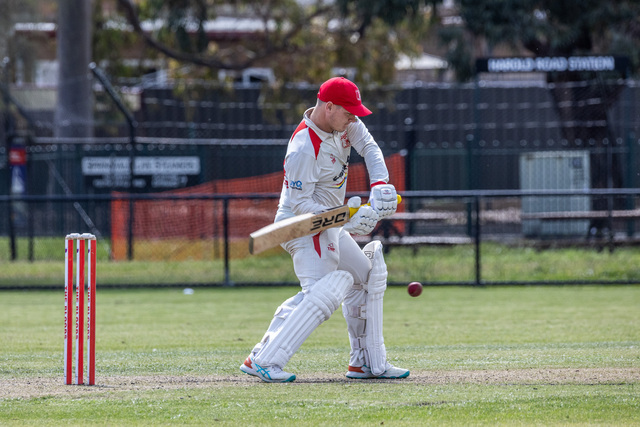By CAM LUCADOU-WELLS
A SELF-described ‘Migrant Team’ has staged an anti-“Australian” coup during a rare board spill at a south-east based migrant resource centre.
Southern Migrant and Refugee Centre chairman Brain Oates, who had migrated from the UK, was part of the victorious migrant ticket that ousted four sitting board members.
Mr Oates had urged the meeting to vote for “more diversity on the board, not Australians” in the first board spill in 15 years.
He later told the Journal that the Australian-born members had a “cosy relationship” with one another, a majority that marginalised other groups.
“If there is one particular ethnic group that wants to take over the board, that’s a problem.”
The new board members included migrants of Tamil, English, Albanian and Romanian backgrounds.
Ahead of the meeting, 10 of the 14 sitting board members undersigned a claim that Mr Oakes spread misleading statements.
The 10 members denied Mr Oakes’s “incredible” claims that the board wanted to remove migrant board members and appoint only Australian professionals.
“We do not engage in discriminatory attitudes and practices.
“This claim is aimed at creating divisions between members based on ethnicity and professional expertise.”
Mr Oakes said the new board has “new ideas and enthusiasm” – as well as a new business manager and a high-profile, spacious location in Clow Street, Dandenong – to confront a challenging future.
“We need to get out there and come to terms with a brave new world.”
Its funding base is more uncertain because governments are changing to a funding model based on clients’ choice of service.
In that context, the SMRC had just recorded a second consecutive financial deficit of more than $100,000 in 2014-15.
“The truth is this organisation has to get back in the black this year,” Mr Oates told the meeting.
During the year it closed its fee-for-service migration advice, and its Family Relationship Services for Humanitarian Entrants programs.
Chief executive Jenny Semple said the latter program, a “unique” service in the region, was a particularly great loss.
“Funding was removed from the program across the state, which is not a positive sign when we are all working towards reducing family violence in our community.
“We will aim to look for other means to provide this vital service.”

